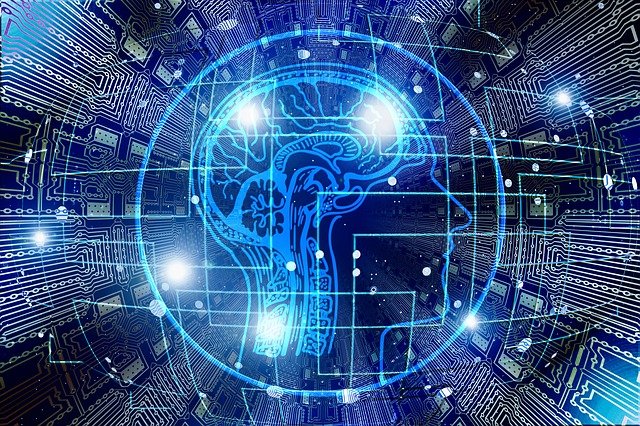20th September 2022 – By Aaruthy Suthahar

A recent study has found that brain-age could help with early detection of dementia in patients. The team, which included TwinsUK Clinical Director Professor Claire Steves, found that patients who visited memory clinics with brains that appeared to look older had a higher risk of dementia.
Dementia is a general term for loss of memory, language, problem-solving and other thinking abilities that are severe enough to affect everyday activities.
Some years ago, members from TwinsUK took part in an MRI brain study which was used to define a brain-age score – a way of marking the age of a person from the structure of their brain. This data was used to develop a way of determining whether someone’s brain looks older or younger than their years. In the present study, the team analysed MRI brain scans from patients referred to memory clinics to determine their brain-age, and tracked which patients developed dementia through linking to their electronic health records in the years that followed.
The researchers found that patients with higher brain-age were more likely to receive a subsequent dementia diagnosis. The results from this study show that neuroimaging biomarkers like brain-age are useful clinically in managing people with memory problems. The next stage is for doctors to put this into practice regularly, so that everyone affected by memory issues can benefit from it.
Professor Claire Steves said:
“I would like to sincerely thank the twins who contributed to this study by being willing to have MRI scans, as the study shows the potential of using quantitative techniques to study the structure and function of the central nervous system in closing the gap between basic research and it being applied in clinical settings.”
The number of people with dementia around the world is increasing, and this is driving research to improve ways of identifying earlier individuals at greatest risk of being diagnosed with the disease. Being able to identify dementia in patients early on has important significance for planning future care, interventions, and clinical trials.






